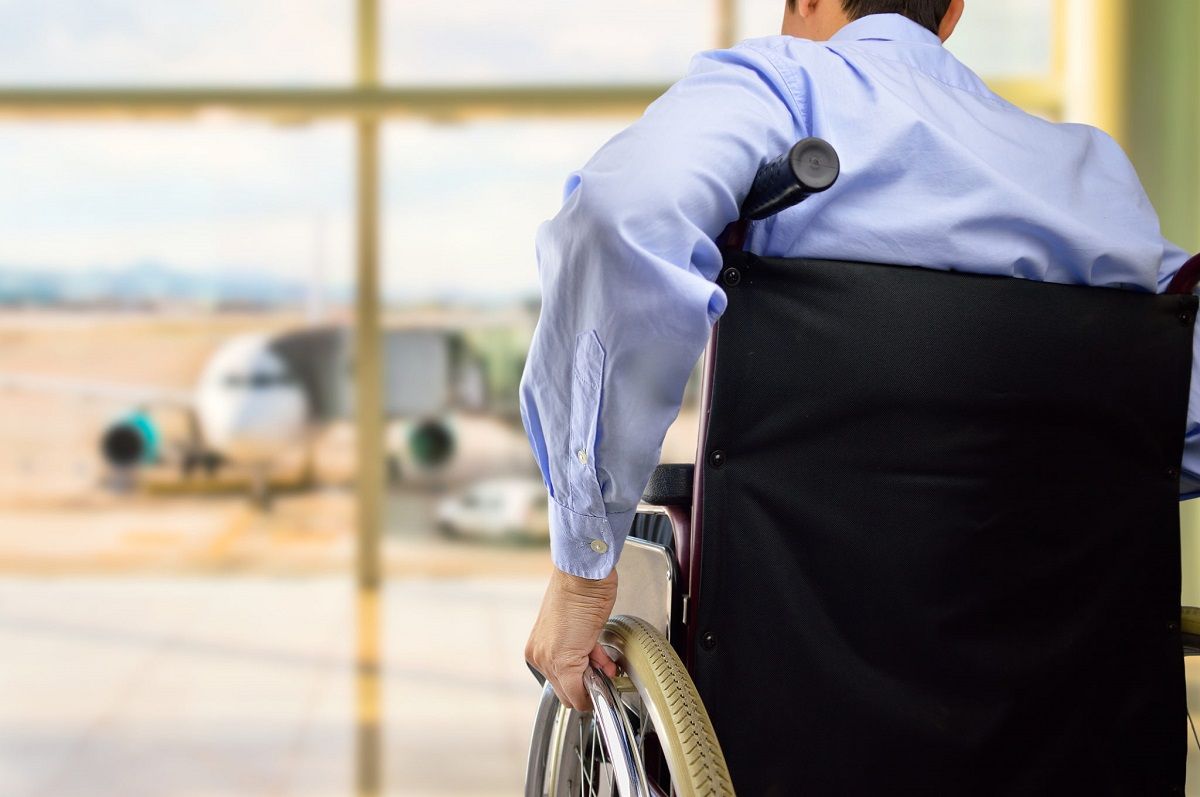
Dubai – Last week, the International Air Transport Association (IATA) concluded its inaugural Global Accessibility Symposium, the first event of its kind seeking to improve the air travel experience for passengers with disabilities.
Hosted by Emirates in their home city of Dubai, the Symposium welcomed guests from airlines, regulators and accessibility advocacy groups. The event is in line with an industry resolution agreed upon by IATA member airlines in June 2019, which commits to bettering the passenger experience for travelers with disabilities, both visible and invisible.
“This event showed that collaboration and feedback are crucial. Through this gathering and other initiatives, airlines are seeking to establish a better dialogue between industry, advocacy groups and passengers themselves. While the industry has had standards for persons traveling with disabilities for some time, we realize there are still gaps and we need to do more. We’re excited to be on this journey to make air travel more accessible and inclusive,” said Linda Ristagno, External Affairs Manager at IATA.
In addition to speakers from airlines including British Airways, Delta Air Lines, Emirates and WestJet, presenters came from a wide variety of backgrounds such as regulatory bodies like the UK CAA, Canadian Transport Agency and Brazilian Ministry of Infrastructure; advocacy groups such as the Pineda Foundation / World Enabled, the European Network on Accessible Tourism, Open Doors Organization and Queen Elizabeth’s Foundation for Disabled People; as well as a number of industry partners including data and Heathrow Airport. Presentations were also given by representatives from Apple and Microsoft showing the importance of inclusive design and technological innovation.
The event featured keynotes and panel discussions that addressed a wide variety of accessibility and inclusion topics. Some of the key issues raised during the Symposium included:
- Global policy consistency needed for work on accessibility and inclusion in aviation including airline/ground processes and government regulation
- Better understanding needed for the requirements of travelers with hidden disabilities
- Improved and standardized processes needed to streamline handling of mobility aids as the damage rate is too high
- The importance of training was recognized, especially for passenger-facing roles, to ensure inclusive, empathetic and human-centric service is delivered to travelers with disabilities
- Inconsistencies in security policies across airports and states for passenger with disabilities need to be addressed
The findings and results of this event will be used to build upon the existing IATA accessibility strategy that will lead to clear deliverables while continuing the dialogue with passengers, airports and governments.
“It is a step in the right direction, but the work isn’t done. We will continue to facilitate the discussion and refine the industry strategy from here. However, we need governments to help by developing harmonized regulations, in consultation with industry and accessibility groups, that provide clarity and global consistency. Working together will help ensure a safe, reliable and dignified experience that we owe to these passengers,” said Ristagno.
Tags: IATA Global Accessibility Symposium